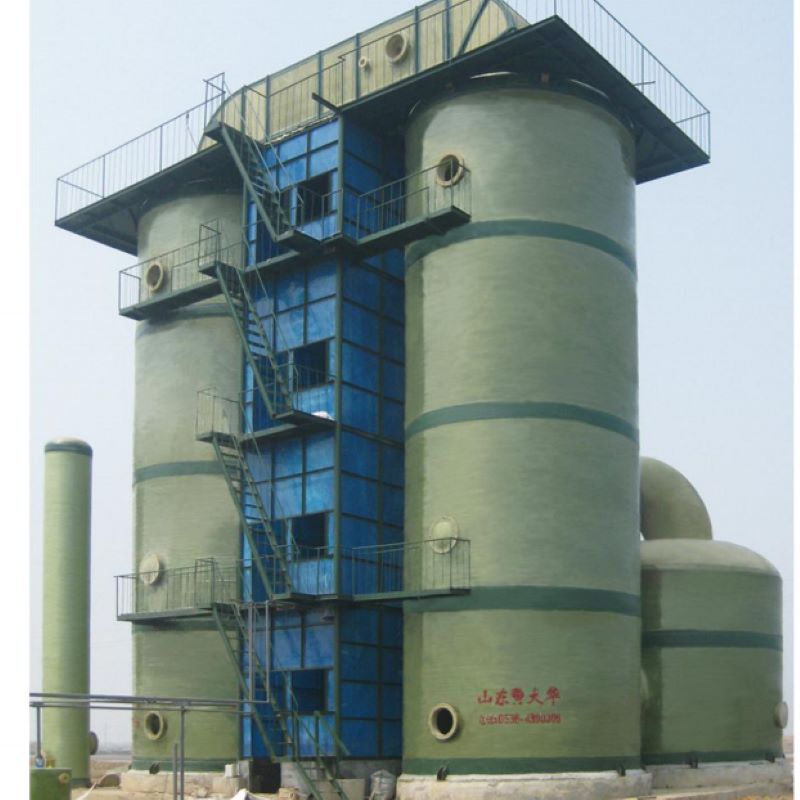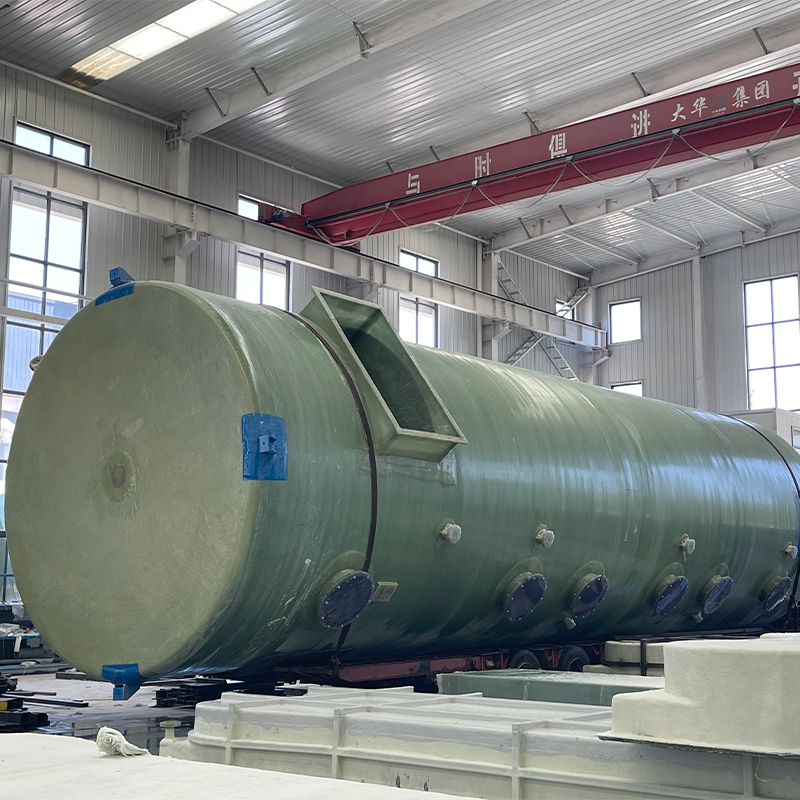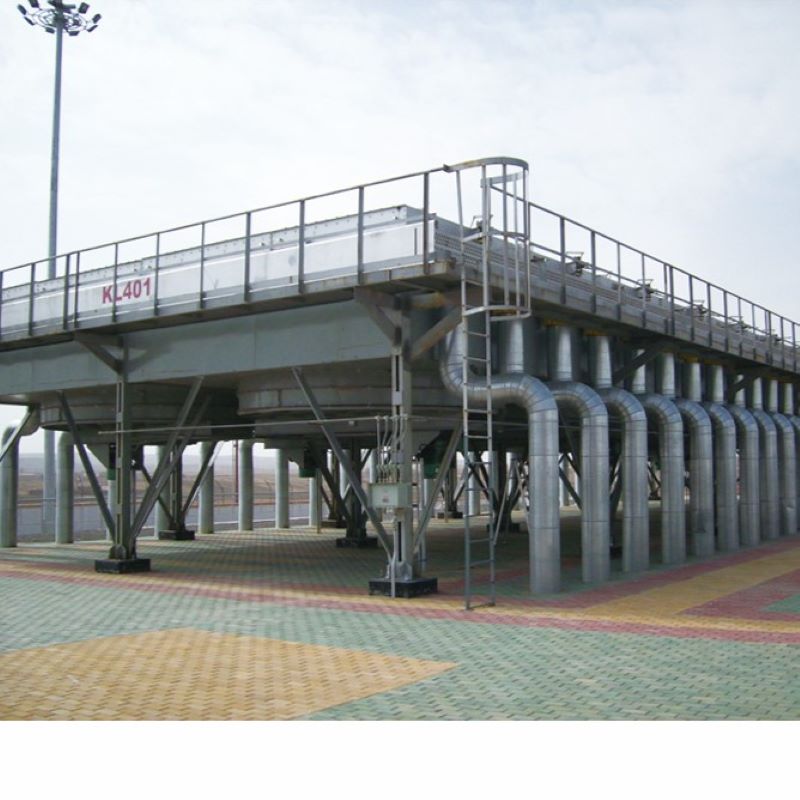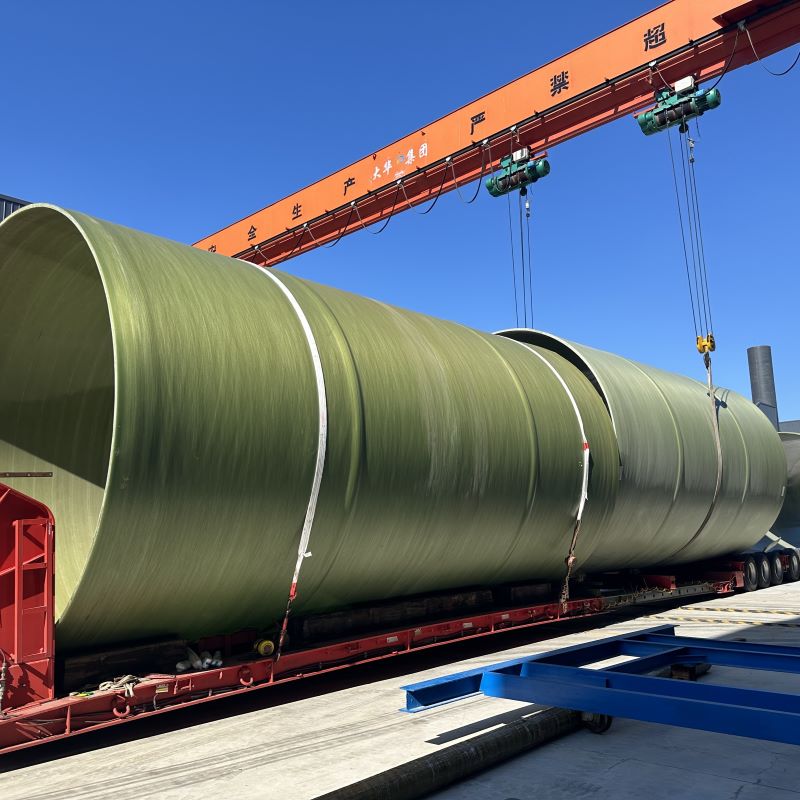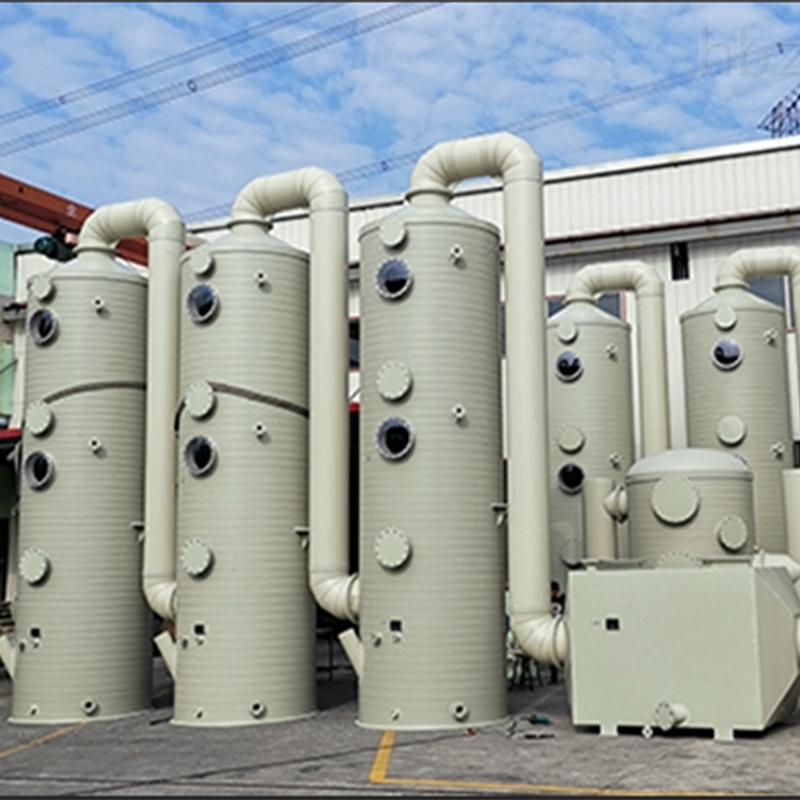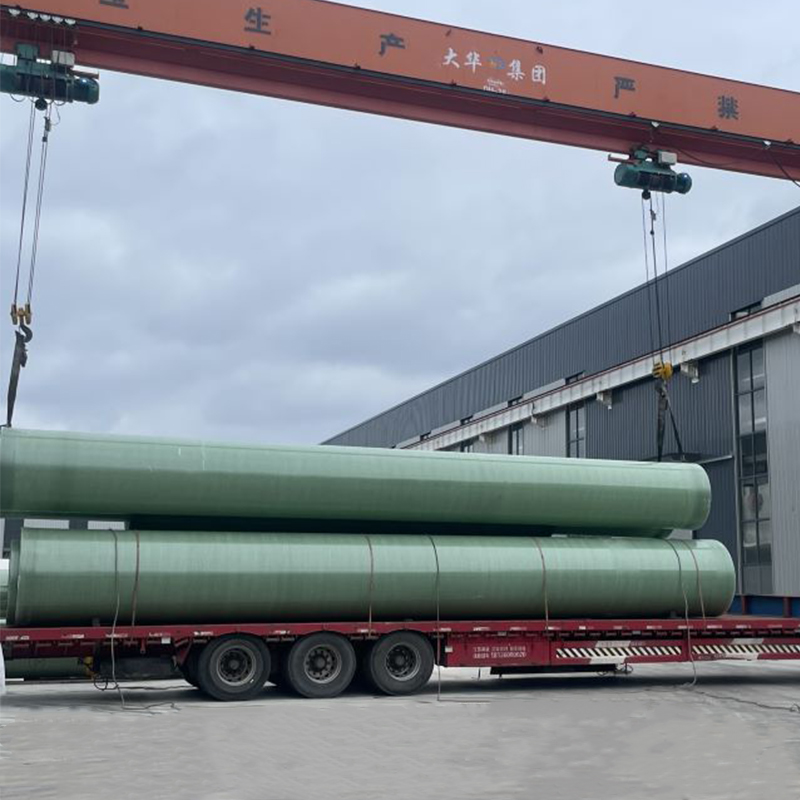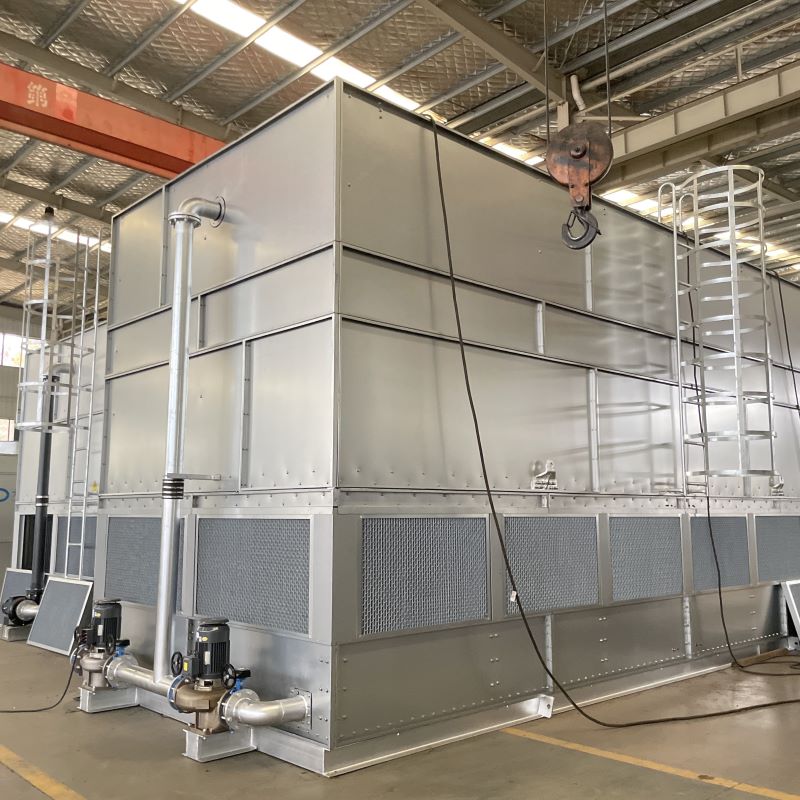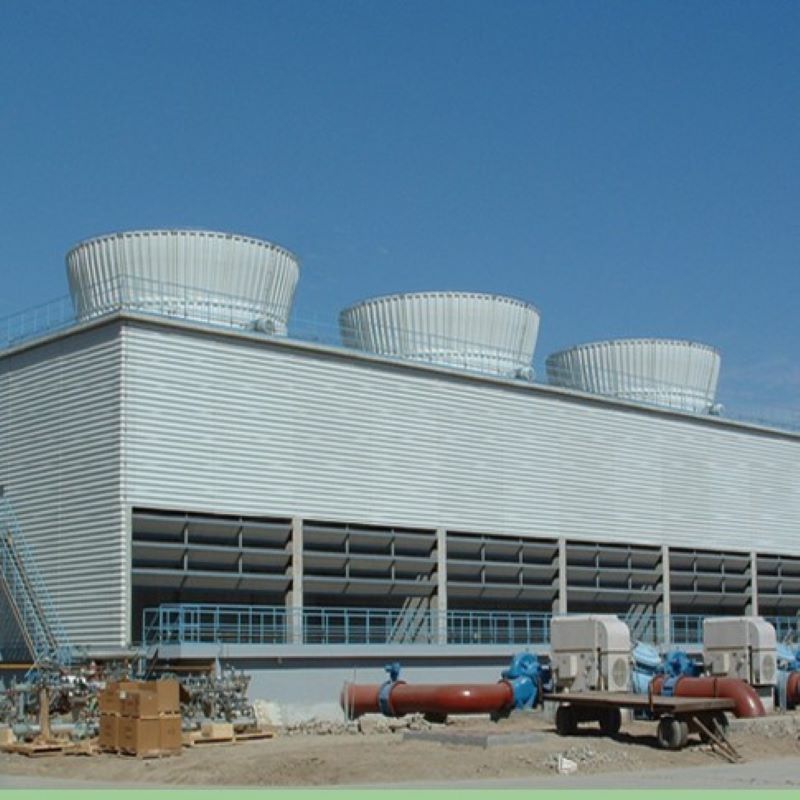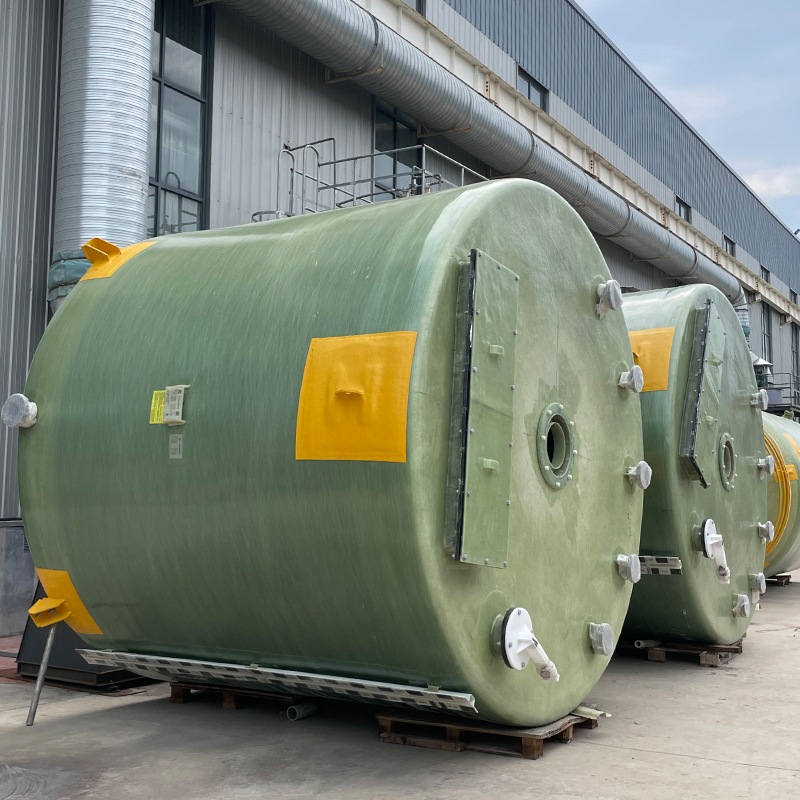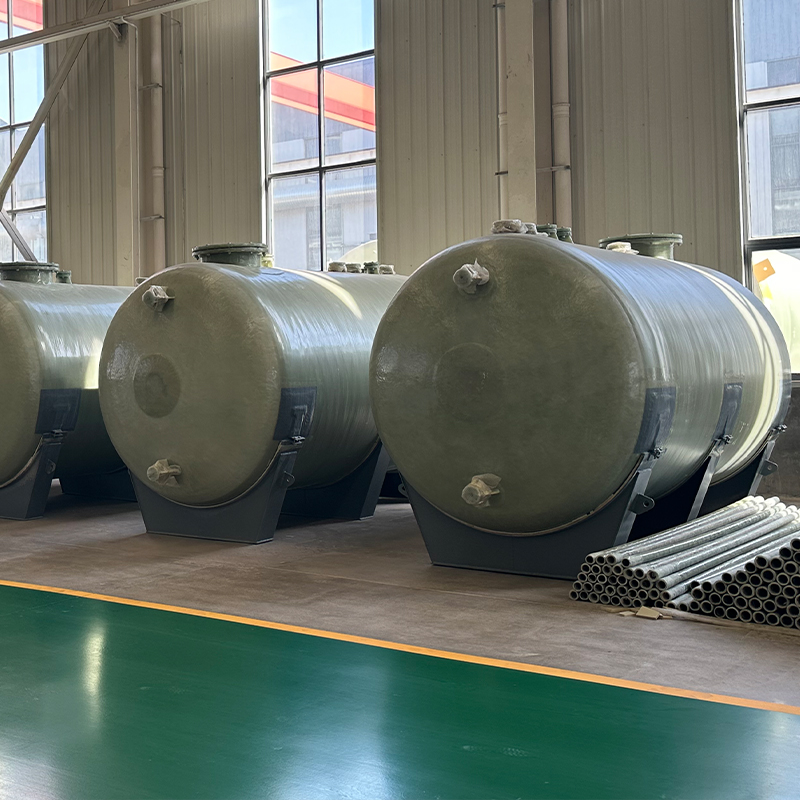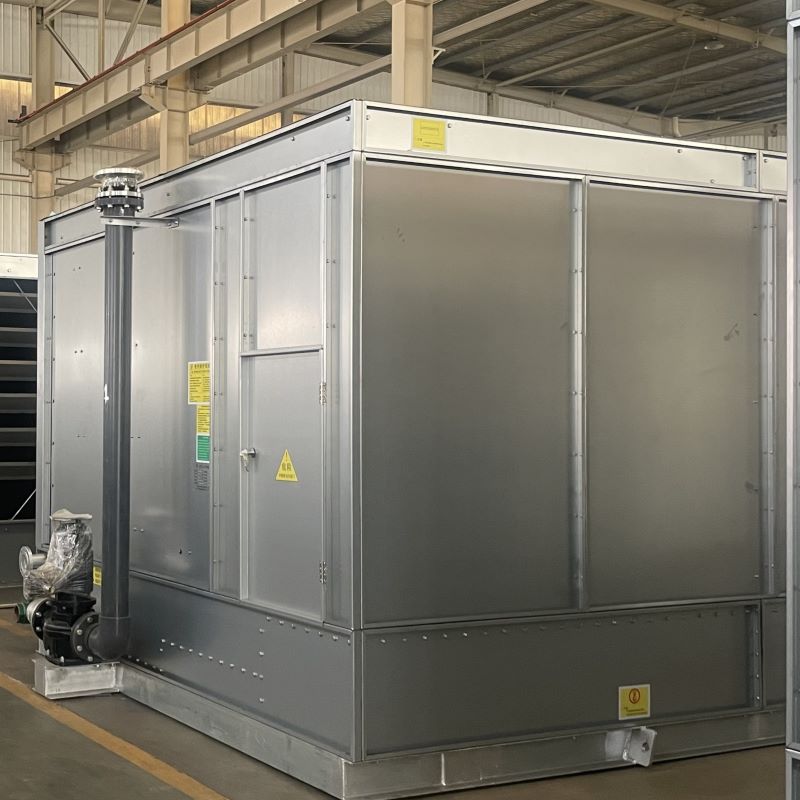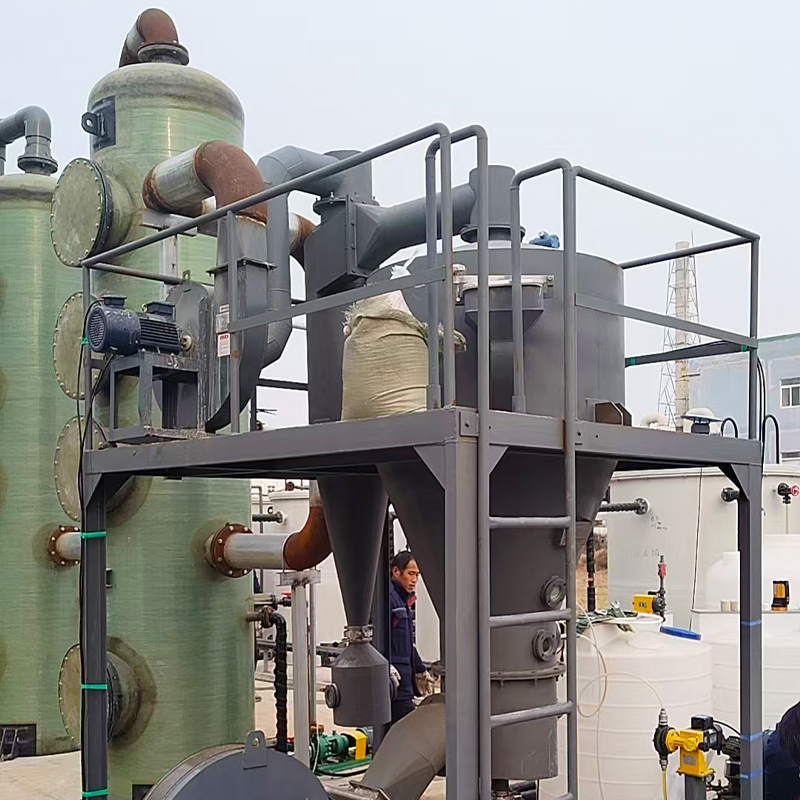
OEM Potassium Sulfate Cooling Pusher
Understanding the OEM Potassium Sulfate Cooling Pusher
The concept of an OEM Potassium Sulfate Cooling Pusher might sound niche, but for professionals in chemical manufacturing, it's an essential component. This tool is crucial in large-scale fertilizer production, aiding in both efficiency and product quality. In this discussion, I'll delve into its importance, typical challenges faced, and some insights from the field.
The Role of Potassium Sulfate in Industry
In the fertilizer industry, potassium sulfate is a key ingredient due to its low chloride content, which is ideal for sensitive crops. But what does the cooling pusher do? Essentially, it assists in cooling the product as it moves along the production line, ensuring stability and ease of handling.
The purpose of implementing an OEM solution, such as from suppliers like those you might find at Shandong Dahua Group, is to customize the cooling pusher to meet specific process requirements. This can significantly improve production efficiency.
However, one common oversight is underestimating the customization needed. An OEM approach isn't one-size-fits-all; considerations about the production environment, scale, and the characteristics of the potassium sulfate itself can dictate design variations. I've seen projects where lack of attention to these details led to inefficiencies and even contamination issues.
Operational Insights from the Field
In practice, ensuring the effective operation of a cooling pusher requires careful monitoring and regular maintenance. Temperature control is critical. Slight deviations can affect the quality of the potassium sulfate crystals, leading to issues down the line.
During one project, we encountered unexpected shutdowns due to temperature sensor failures. This experience underscored the importance of having a robust quality control and maintenance schedule, particularly because it influences the entire production throughput.
Flexibility in design can also make a significant difference. From adjustable speed settings to modular components, these features can allow quick responses to production demands, minimizing potential downtime.
Optimizing for New Challenges
The future of OEM solutions in the potassium sulfate sector involves adapting to changing environmental and market demands. Sustainable production processes are becoming increasingly important, prompting innovations in cooling pusher design.
Resource efficiency—particularly in energy usage—is a high priority. I've seen promising developments where integrated systems allow for heat exchange and energy recovery, aligning with broader sustainability goals.
Shandong Dahua Group, with its cutting-edge technology (more details at their website), exemplifies these advancements, continually pushing the envelope to enhance both efficiency and environmental responsibility.
Success Stories and Setbacks
Adopting new OEM solutions is not without its risks. For instance, during a collaboration with a mid-sized manufacturer, the initial integration process was plagued with compatibility issues. Overcoming these required patience, iterative design improvements, and close cooperation with the technology provider.
On the flip side, successful implementations showcase tangible benefits. Clients frequently report significant increases in production stability and quality, validating the continued investment in customization and innovation.
Every success further emphasizes the need for a strategic partnership between the manufacturer and the OEM provider. This collaboration ensures alignment with evolving industry standards and customer needs.
The Road Ahead
Looking forward, it's evident that the role of the OEM Potassium Sulfate Cooling Pusher will expand. As demand for high-quality, chloride-free fertilizers grows, so too will the need for efficient, reliable production processes.
Continuous improvement and innovation are key. From my perspective, prioritizing adaptability and sustainability in OEM solutions will not only meet current production challenges but also pave the way for tomorrow's standards.
It’s a dynamic field, and staying ahead means being proactive in embracing these changes. Whether you are a manufacturer or an industry observer, keeping a close eye on these developments promises not only better products but also a healthier planet.
Соответствующая продукция
Соответствующая продукция
Самые продаваемые продукты
Самые продаваемые продуктыСвязанный поиск
Связанный поиск- OEM FRP Mixing Tank Price supplier
- high quality FRP Pipe Fittings Manufacturer product
- FRP Mixing Barrel factory
- Forced-Draft Air Cooler product
- central evaporative cooler Manufacturer
- Best Horizontal FRP Storage Vessel factory
- China Air Cooler factory
- China frp tank for hcl storage product
- China FRP Mixing Barrel
- good evaporative cooler price



